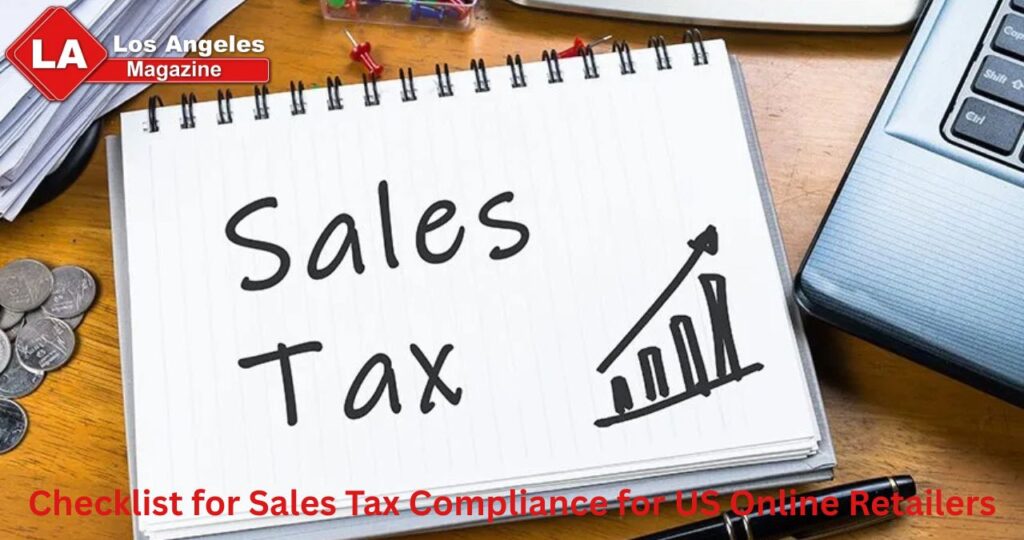Online retailers now experience unprecedented tax compliance challenges after the implementation of Wayfair regulations. The process of selling products between different states requires sellers to understand the numerous tax regulations established by individual states. A sales and use tax attorney is a perfect individual who can guide online retailers before they start their operations.
This compliance guide assists online retailers operating in the US to achieve regulatory compliance and avoid sanctions while maintaining operational efficiency during business growth.
Determine Your Current Nexus
Businesses need to establish a Nexus with states to demonstrate they need to collect sales tax. There are two main types:
Physical Nexus: A company maintains Nexus with the state when it keeps a warehouse, office, employees, or any other physical location in the state.
Economic Nexus: Your business establishes an economic nexus when it executes above $100,000 in sales or 200 transactions in a state without an actual presence.
Action:
Examine the economic nexus rules implemented by all states. They vary widely. Analyze your sales and volume data with the aid of either a tool or an accountant to identify threshold areas.
Register for Sales Tax Permits
A business must obtain a state license through a registration process before it can start collecting sales tax. Registration creates two benefits: official notification to the state that you need a permit and a requirement to file tax returns.
Action:
Follow nexus validation by submitting sales tax permit applications through official Department of Revenue (DOR) websites for each state. Third-party registration services should be avoided for fees unless you use a full-service tax provider.
Set Up Sales Tax Collection in Your eCommerce
Your online store needs configuration through platforms like Shopify, WooCommerce, Amazon, or BigCommerce to activate correct tax price calculations according to each destination.
Action:
Your store should apply sales tax calculations according to customer shipment destinations.
Build a tax calculation engine from companies like Avalara, TaxJar, or Sovos that can automatically update rates.
Marketplace facilitator laws require platform businesses such as Amazon or Etsy to handle sales tax collection and remittance because they operate in many states.
Keep Your Exemptions in Track and Check Resale Certificates
Not every sale is taxable. Nonprofit organizations and reseller buyers can potentially qualify for exemptions yet they need to maintain proper documentation.
Action:
Businesses should request and confirm exemption or resale certificates from all eligible customers. Store the documents so you can present them to auditors when necessary. States enforce periodic renewal requirements for some transactions.
Keep Track of Tax Law Changes
Sales tax rules evolve constantly. Changes in state economic thresholds and rules about taxable products, as well as reporting obligations, occur regularly. Staying informed is a must.
Action:
You should establish monitoring systems through Google alerts as well as subscribe to notification messages sent by state DORs. Your tax automation platform enables automatic rate and threshold changes in real-time.
After adhering to all these steps for further clarification, one can take the help of a tax lawyer consultation who can guide the retailer about the compliance guidelines.



